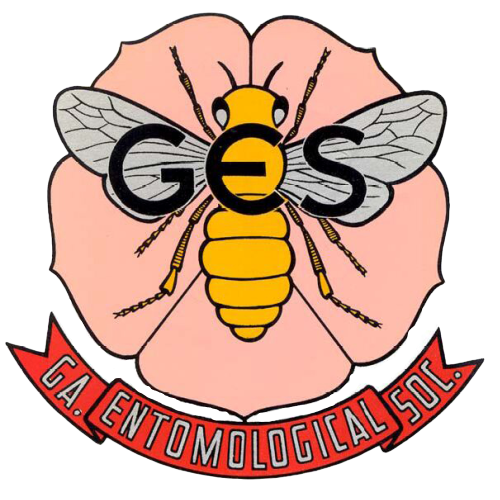Effect of Mi-1.2 gene in Natal Host Plants on Behavior and Biology of the Tomato Psyllid Bactericerca cockerelli (Sulc) (Hemiptera: Psyllidae)
The Mi-1.2 gene has been isolated from wild varieties of tomato, Solanum peruvianum (Mill), and incorporated into near isogenic commercial varieties of tomato, Solanum lycopersicon. Plants containing the gene confer resistance to tomato psyllid, Bactericerca cockerelli (Sulc), as well as species of aphids, whiteflies, and nematodes. Considering bias in host preference and oviposition responses based on early adult experience is well documented in the literature; the objective of this study was to determine if the presence or absence of the Mi-1.2 in the rearing host influenced subsequent host selection, oviposition, and development time. The results presented here show that the host that psyllids developed on did not affect subsequent selection of host for oviposition, but incidence of oviposition was higher on plants that did not contain the Mi-1.2 gene [Moneymaker (mi-1.2)] compared to plants with the Mi-1.2 gene [Motelle (Mi-1.2)]. Psyllid nymph survival and development time did not differ between plant varieties. Consequently, plants containing the gene may be useful components to IPM programs to control the tomato psyllid.
Contributor Notes
2Current address: Department of Plant Sciences, 265 Morrill Hall, University of Illinois at Urbana-Champaign, 505 S. Goodwin Ave, Urbana, IL 61801 (email: ccastee2@uiuc.edu)
3Department of Botany and Plant Science, University of California, Riverside, CA 92521.
